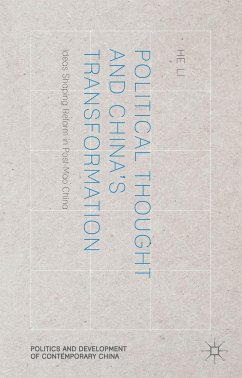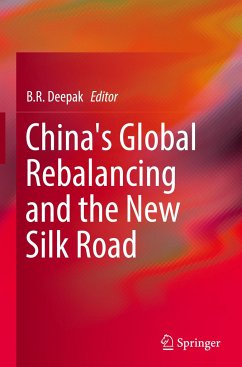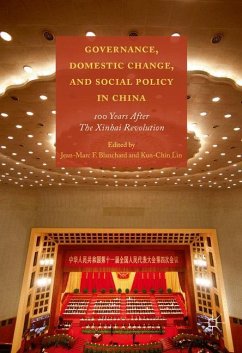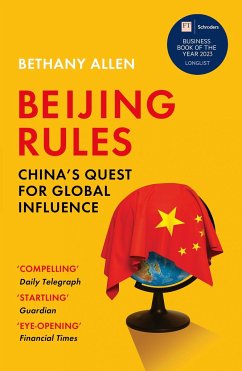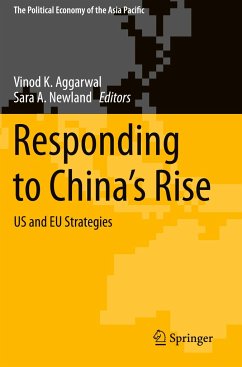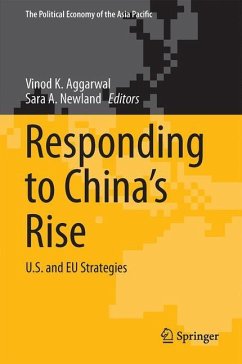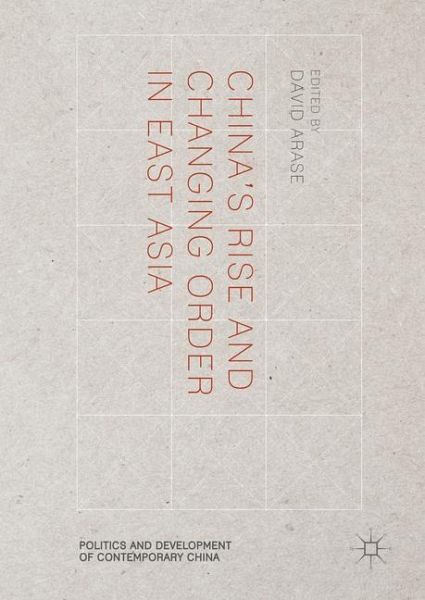
China's Rise and Changing Order in East Asia

PAYBACK Punkte
41 °P sammeln!
This book discusses the impact of China's rise on regional order at three levels: Sino-US relations, East Asia's contested sub regions and regional institutions. Sino-US relations provide a framework to examine macro-regional relations. In East Asia's contested sub regions-Northeast Asia, Southeast Asia, and the eastern Indian Ocean region-the author explores the crucial role regional powers and local states play in maintaining effective governance and stability. The author shows how regional institutions attempt to develop cooperation and shared norms that work toward regional community. The ...
This book discusses the impact of China's rise on regional order at three levels: Sino-US relations, East Asia's contested sub regions and regional institutions. Sino-US relations provide a framework to examine macro-regional relations. In East Asia's contested sub regions-Northeast Asia, Southeast Asia, and the eastern Indian Ocean region-the author explores the crucial role regional powers and local states play in maintaining effective governance and stability. The author shows how regional institutions attempt to develop cooperation and shared norms that work toward regional community. The inclusion of leading experts from China, the US, South Korea, Japan, Vietnam, Singapore, and India gives this collection a unique viewpoint, and reveals how China's rise looks from inside and outside China, as well as inside and outside the region.





